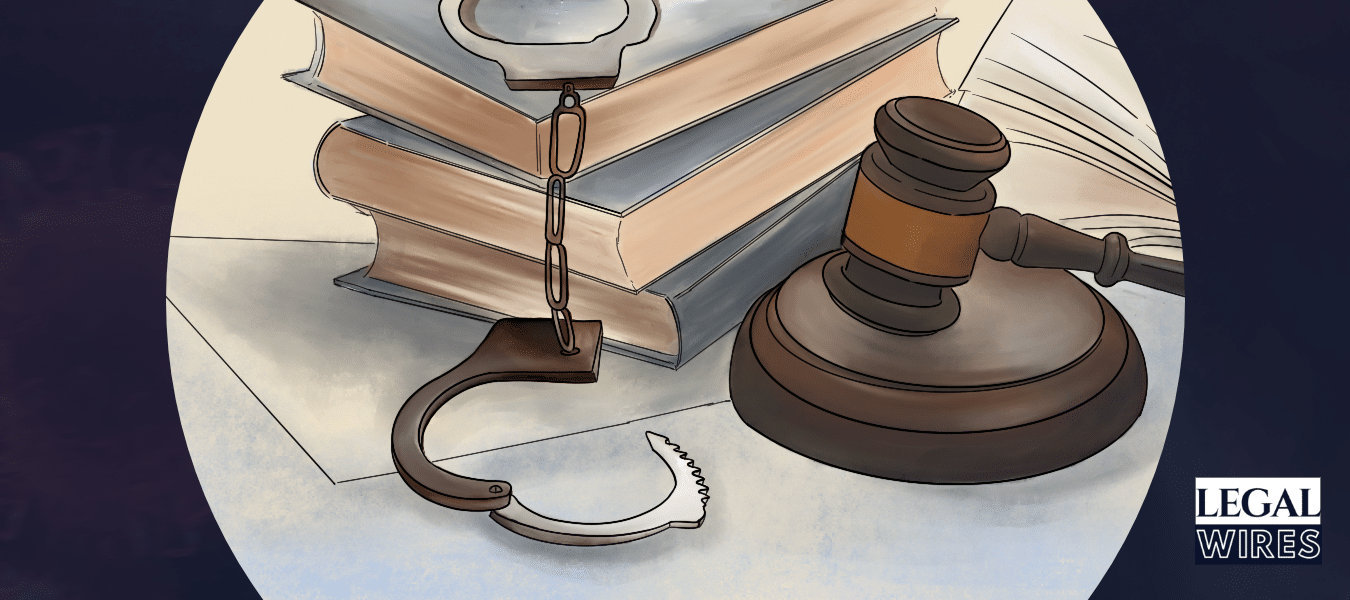On 6 July, 2020 Supreme court bench of Justice Arun Mishra and Justice S. Abdul Nazeer rejected a writ of Mandamus under Art 32 of the Constitution of India against various officers of the Registry of Supreme Court and Union of India.

Reepak Kansal v. Secretary-General, Supreme Court of India & Ors.
W.P. (C) No. 541 of 2020
On 6 July, 2020 Supreme court bench of Justice Arun Mishra and Justice S. Abdul Nazeer rejected a writ of Mandamus under Art 32 of the Constitution of India against various officers of the Registry of Supreme Court and Union of India.
Writ petition was filed to direct the registry officers not to give preferences to the cases filed by influential lawyers/ petitioners, law firms etc. and to give equal treatment to the cases filed by ordinary lawyers/ petitioners without pointing out unnecessary defects. In addition to this, excess court fees are to be refunded and cases are not to be tagged with other cases without permission of the court.
Three incidents were cited by the petitioner when he had to face the difficulty by the registry in filing the urgent matters. Petitioner also mentioned Arnab Ranjan Goswami v. Union of India[1] which was filed at 8:07 p.m. without annexure and supplementary list was uploaded on the same day. But this argument is rejected by the court as it is pertaining to liberty and freedom of media.
Court pointed to the hasty way in which the petition is filed as the petitioner impleaded the Secretary General, various Registrars and officers of the Registry, SCBA and Union of India. But writ petition is filed against the court itself, so Supreme Court through Secretary General is to be impleaded in the petition.
Court referred to R. Muthukrishnan v. The Registrar General of the High Court of Judicature at Madras[2], where it observed,
“It is the ethical duty of lawyers not to expect any favour from a Judge. He must rely on the precedents, read them carefully and avoid corruption and collusion of any kind, not to make false pleadings and avoid twisting of facts. In a profession, everything cannot be said to be fair even in the struggle for survival. The ethical standard is uncompromisable. Honesty, dedication and hard work is the only source towards perfection. An Advocate conduct is supposed to be exemplary. Soul searching is absolutely necessary and the blame game and maligning must stop forthwith. Confidence and reverence and positive thinking is the only way.“
While condemning the trend to blame the registry for no good reasons court observed that There is a duty cast upon an advocate to protect the dignity of this Court not to scandalize the very institution.[3]
Finally, court dismissed the petition stating that We expect members of the noble fraternity to respect themselves first. They are an intellectual class of the society. Registry is part and parcel of the system, and the system has to work in tandem and mutual reverence. It is expected of the lawyers to remove the defects effectively and not to unnecessarily cast aspersions on the system.
[1] W.P. Diary No. 11006 of 2020.
[2] Writ Petition (C) No.612 of 2016.
[3] R. K. Anand v. Delhi High Court (2009) 8 SCC 106.





